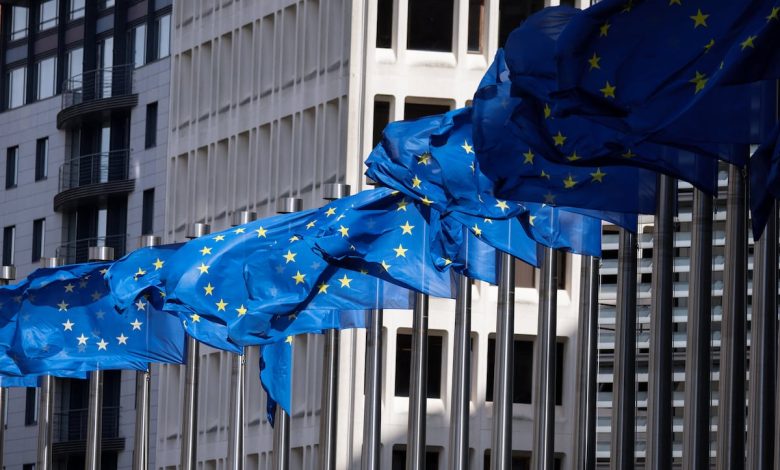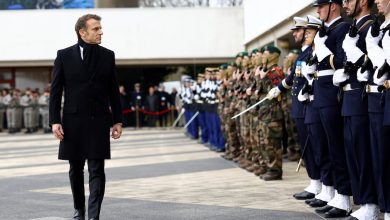The EU is urged to sharpen its defense-cooperation playbook

BERLIN — The European Union must move to integrate its disparate defense cooperation mechanisms to make the bloc more militarily formidable, a recent review document approved by the European Council says.
The self-assessment evaluated the strategic objectives and inner workings of the Permanent Structured Cooperation mechanism, or PESCO. The EU created the scheme in 2017 to coordinate its member states’ defense capabilities and projects to increase their military effectiveness and operational readiness.
The main thrust of the council’s new report is a call to double down on PESCO and make it a stronger force for a defensive Europe. It specifically calls out the need for closer alignment with several other EU mechanisms, such as the European Defence Fund and the proposed European Defence Industry Program.
The council, which shares legislative power with the EU parliament, also emphasized the need to strengthen the European defense industry. The EDIP funding source, proposed by the EU’s executive Commission, would provide €1.5 billion ($1.59 billion) to that end.
In the 1,000 days since the full-scale Russian invasion of Ukraine, the European Union has gradually revised its formerly hands-off approach to defense matters. The war precipitated the first purchase of arms by Brussels, which were sent to Ukraine; resulted in a strategic rethinking of financing for military industry; and has strengthened voices that call for a more joint approach in addition to a more assertive Common Foreign and Security Policy. It has also resulted in the bloc flexing its economic muscle and providing financial support to the tune of billions of dollars to bolster domestic research and development.
At present, there are 66 ongoing PESCO projects covering practically all domains of modern warfare and military necessities. These include, among others, a project to utilize semi-autonomous systems for mine detection and neutralization, work on a European Patrol Corvette ship class, and a project to establish rapid response teams for various cyber threats. Others seek to streamline cross-border military logistics, develop a space-based missile detection system, and establish a command structure for medical services.
Ukraine, while not an EU member, has benefited from this European defense awakening, and the new assessment stresses the importance of drawing Kyiv closer to the EU’s defense initiatives. PESCO has an existing mechanism for participation by “third countries” (meaning non-EU states) in joint projects, which has already been used to coordinate and cooperate with Ukraine, including during wartime.
Closer to home, the report also called for updated operational commitments to support the EU’s Rapid Deployment Capacity and conduct live exercises, as well as increasing defense spending and collaborative defense investment among the 26 PESCO member states.
By streamlining commitments and keeping goals measurable and concrete, Europe would be taking “a step towards a stronger and more strategic and effective PESCO beyond 2025,” the report’s authors said.
“A stronger and more capable EU in the field of security and defense will contribute positively to global and transatlantic security and is complementary to NATO, which remains the foundation of collective defense for its members,” they wrote. Austria, Cyprus, and Ireland are EU and PESCO members but aren’t part of NATO, although they collaborate with the alliance to varying degrees.
The council’s paper comes just days after the EU, for the first time ever, agreed on a joint defense procurement to the tune of €300 million (about $318 million) across several projects spanning land, sea and air domains.
Read the full article here






